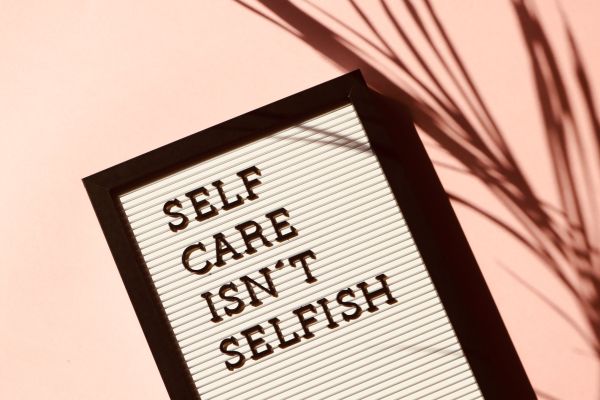
Trust Your Gut – Self-Care & Mental Health
| Resources, Trust Your Gut Series
In this episode of Trust Your Gut Partners in PROMISE interviewed Noralee Jones from InDependent. Parents of special education students know that what comes easy for most is not always easy for all. Your advocacy takes a toll, making self-care essential.
However, according to Noralee Jones from InDependent, self-care looks different for everyone, for some, it may be a solo trip to Target, but for most people “it’s more than that.”
Noralee Jones, EFMP parent and Content Manager of InDependent a military spouse-owned and operated nonprofit shares her tips and tricks on how to touch base with yourself.
FREE COVID-Friendly Self Care Ideas
- Journaling
- Call a friend you have not spoken to lately (seriously try it – it is awkward at first, but worth it)
- Read a book
- Fast from social media for 24-hours WHILE filling the time with something else you love to do
- Day sleep – aka napping (ask your spouse or a friend to watch the kids and then return the favor)
- Go for a walk or run
- Meditation – yes this works for some people (if it is you let us know)
- Volunteer or work – for some people working outside the home fills their mental cup, is that you?
What is your favorite way to recharge?

Helping Your Children with Mental Health
As a parent, there is no one who knows your child better than you. We often find ourselves worrying about our children’s physical health and doing everything we can to keep them safe and healthy. Ensuring your family’s mental health is stable is often overlooked or misunderstood. Determining the signs and how to go about finding mental health assistance for you or a family member can be unknown and uncomfortable territory.
In our recent interview with Dr. Ingrid Yee describes how families endure stress during everyday life through PCS, change of schools, high-risk jobs, deployments, etc. Children also take on this stress which can cause unhealthy mental status. If you notice something is “off” or different from your child’s “norm” do not be afraid to seek help. Dr. Yee encourages families to get feedback from all individuals who spend time with your child (ie. Teacher, daycare worker, babysitter, coach, etc.) Information and/or feedback from all parties that interact with your child can be beneficial for mental health providers.
Signs that your child may exhibit they need mental health assistance:
- Change from their “normal behaviors” (ie. extrovert and now shutdown, quiet, etc.)
- Change in Appetite
- Visible change in weight (gain or loss)
- Sudden change in sleep habits
- Nightmares/bedwetting
- Extreme disobedience, destruction of property etc.
- Loss of interest in social interactions
How to seek help?
If you are concerned or notice a change in your child’s “norm”, your child’s pediatrician can help guide you to access mental health care. School counselors, phone a nurse, etc. all can help direct you on how to navigate the medical system to receive the appropriate support for your child. As military families, we also have access to MFLAC counselors who are available to talk and guide you in a confidential format.
Seeking Mental Health Assistance is HEALTHY!
Over the past year, we have lived through a global pandemic that has locked down and isolated all Americans. Living through COVID has added high anxiety and extensive struggles for many; especially special needs families who are navigating these times in unimaginable ways. You are not alone, do not be afraid to seek help!





Leave a Reply